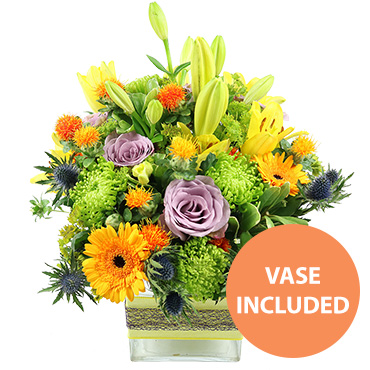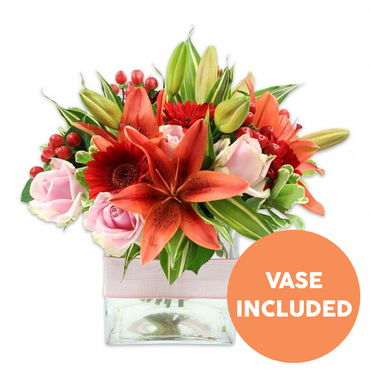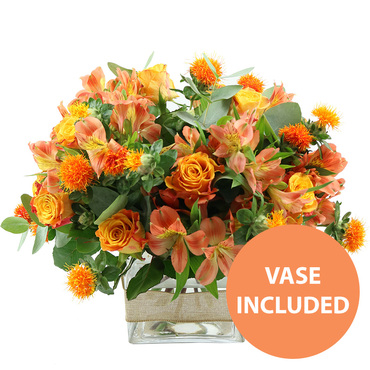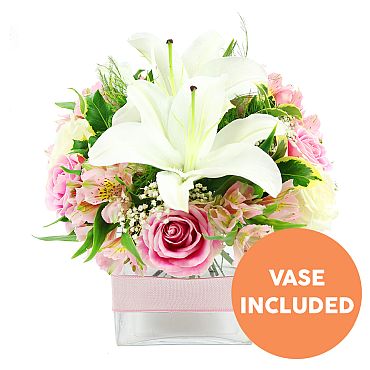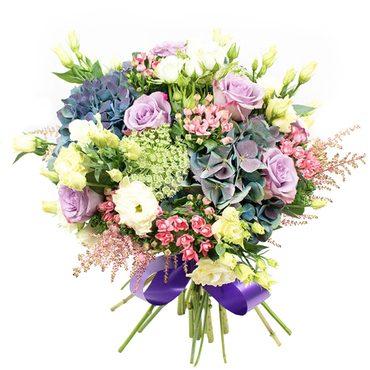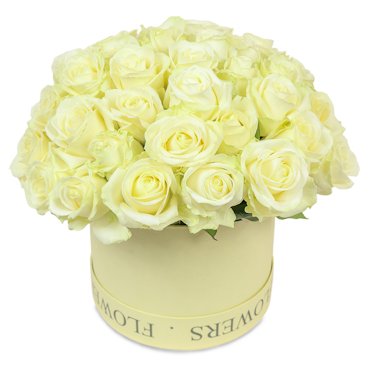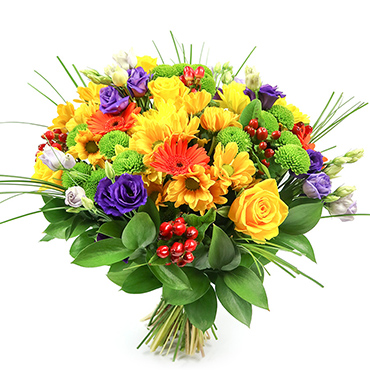The Healing Power of Houseplants
Posted on 09/10/2025
The Healing Power of Houseplants
In our fast-paced, digital-first world, finding respite and tranquility has become more essential than ever. Amidst the concrete jungles and pixelated environments, houseplants offer a touch of nature and a breath of fresh air, both literally and figuratively. The healing power of houseplants is not merely a whimsical idea but is backed by extensive scientific research. These green companions provide numerous psychological, physical, and environmental benefits that significantly enhance our well-being.
The Psychological Benefits of Houseplants
One of the most profound impacts of houseplants is their ability to improve mental health. Numerous studies have shown that exposure to nature can reduce stress, anxiety, and depression. For individuals who spend a significant amount of time indoors, houseplants offer an accessible way to connect with nature and enjoy its calming effects.
The presence of plants has been linked to lower levels of cortisol, the stress hormone. According to a study published in the Journal of Physiological Anthropology, interacting with indoor plants can reduce physiological and psychological stress. Participants who engaged with houseplants experienced lower blood pressure and a sense of comfort and relaxation.
Moreover, houseplants can improve mood and creativity. The simple act of tending to them can be meditative and provide a break from the demands of daily life. The colors, shapes, and growth patterns of plants can stimulate our senses and inspire creativity, making houseplants a valuable addition to both personal and workspaces.

The Physical Health Advantages
Beyond mental health, houseplants offer several physical health benefits. One of the most well-known advantages is their ability to improve indoor air quality. Plants absorb carbon dioxide and release oxygen through the process of photosynthesis. This not only freshens the air but also helps reduce pollutants and toxins. Studies by NASA have identified several houseplants, such as the peace lily (Spathiphyllum) and snake plant (Sansevieria), that are particularly effective at removing toxins like benzene, formaldehyde, and trichloroethylene from the air.
Houseplants also contribute to maintaining humidity levels. In dry indoor environments, especially during winter when heating systems are in use, plants can help add moisture to the air. This can prevent dry skin, sore throats, and respiratory issues, making indoor spaces more comfortable and healthy.
Additionally, the presence of houseplants has been linked to faster recovery times in medical settings. Research conducted at Kansas State University revealed that patients in hospital rooms with plants and flowers required less pain medication, had lower heart rates and blood pressure, and experienced lower levels of anxiety and fatigue compared to those without plants. This underscores the potential of houseplants to enhance healing and recovery in clinical environments.
Houseplants and Cognitive Function
Another intriguing aspect of houseplants is their positive effect on cognitive function. Several studies have shown that incorporating plants into indoor environments can enhance concentration, memory, and productivity. A study published in the Journal of Environmental Psychology found that students in classrooms with plants had better performance and focus compared to those in plant-free environments.
In workspaces, the presence of plants has been associated with higher levels of job satisfaction, reduced absenteeism, and increased productivity. The biophilic design, which integrates natural elements into architecture and interiors, has gained popularity for its ability to foster well-being and improve cognitive function. By bringing elements of nature indoors, houseplants play a crucial role in creating environments that support mental clarity and efficiency.
Connecting with Nature Through Houseplants
In an era where urbanization and digitalization often disconnect us from nature, houseplants offer a tangible way to bridge this gap. The concept of biophilia, which suggests that humans have an inherent connection to nature, underscores the importance of incorporating natural elements into our lives. Houseplants provide an easy and accessible means to fulfill this biophilic need.
Caring for houseplants fosters a sense of responsibility and nurturance. The routine of watering, pruning, and observing growth can be grounding and fulfilling. This connection to a living being, even if it is a plant, can cultivate mindfulness and present-moment awareness. For many, houseplants become companions that bring joy, beauty, and a sense of achievement as they flourish.
Furthermore, the tactile and sensory experience of engaging with plants can have therapeutic effects. Horticultural therapy, which uses gardening activities to improve mental and physical health, is a testament to the healing power of plants. This form of therapy has been used to assist individuals with various conditions, including PTSD, dementia, and depression, by providing a soothing and purposeful activity.
Environmental and Lifestyle Benefits
In addition to personal health benefits, houseplants contribute to broader environmental and lifestyle improvements. By incorporating plants into living spaces, individuals can create greener and more sustainable environments. This not only enhances aesthetic appeal but also promotes eco-friendly practices.
Houseplants can help regulate indoor temperatures by providing shade and cooling effects through transpiration. This can reduce the need for air conditioning and lower energy consumption. Some plants, like the aloe vera, release oxygen at night, making them ideal for bedrooms to improve air quality during sleep.
Indoor gardening also encourages sustainable living by promoting awareness of plant care and the natural world. For those with limited access to outdoor spaces, houseplants offer a way to cultivate a sense of connection to nature and practice sustainable habits. Whether it's growing herbs for culinary use or creating a mini indoor garden, houseplants inspire a greener, more mindful lifestyle.

Choosing the Right Houseplants
For those new to the world of houseplants, selecting the right species is essential for a successful and rewarding experience. Some plants are more forgiving and easier to care for, making them ideal for beginners. Here are a few popular choices:
- Snake Plant (Sansevieria): Known for its resilience, the snake plant can tolerate low light and infrequent watering.
- Pothos (Epipremnum aureum): This trailing plant is easy to grow and can thrive in various light conditions.
- Spider Plant (Chlorophytum comosum): With its air-purifying qualities, the spider plant is low-maintenance and visually appealing.
- Peace Lily (Spathiphyllum): This plant not only purifies air but also produces beautiful white flowers, adding elegance to any space.
While these plants are beginner-friendly, it's crucial to research specific care instructions for each species to ensure optimal growth and health. Factors such as light, water, humidity, and temperature requirements can vary, so tailoring care to individual plant needs is important.
Conclusion: Embracing the Healing Power of Houseplants
The healing power of houseplants is a multifaceted phenomenon that encompasses psychological, physical, cognitive, and environmental benefits. As we seek to create harmonious and healthy living spaces, houseplants offer a simple yet profound way to bring nature indoors. From reducing stress and improving air quality to enhancing cognitive function and fostering a connection to nature, the advantages of incorporating houseplants into our lives are undeniable.
By selecting the right plants and nurturing them with care, we can cultivate environments that promote well-being and sustainability. Whether used for their therapeutic properties or simply for their beauty, houseplants serve as a vital reminder of our intrinsic bond with the natural world. Embracing the healing power of houseplants enriches our lives, making our indoor spaces not just places to live but sanctuaries of health and happiness.










